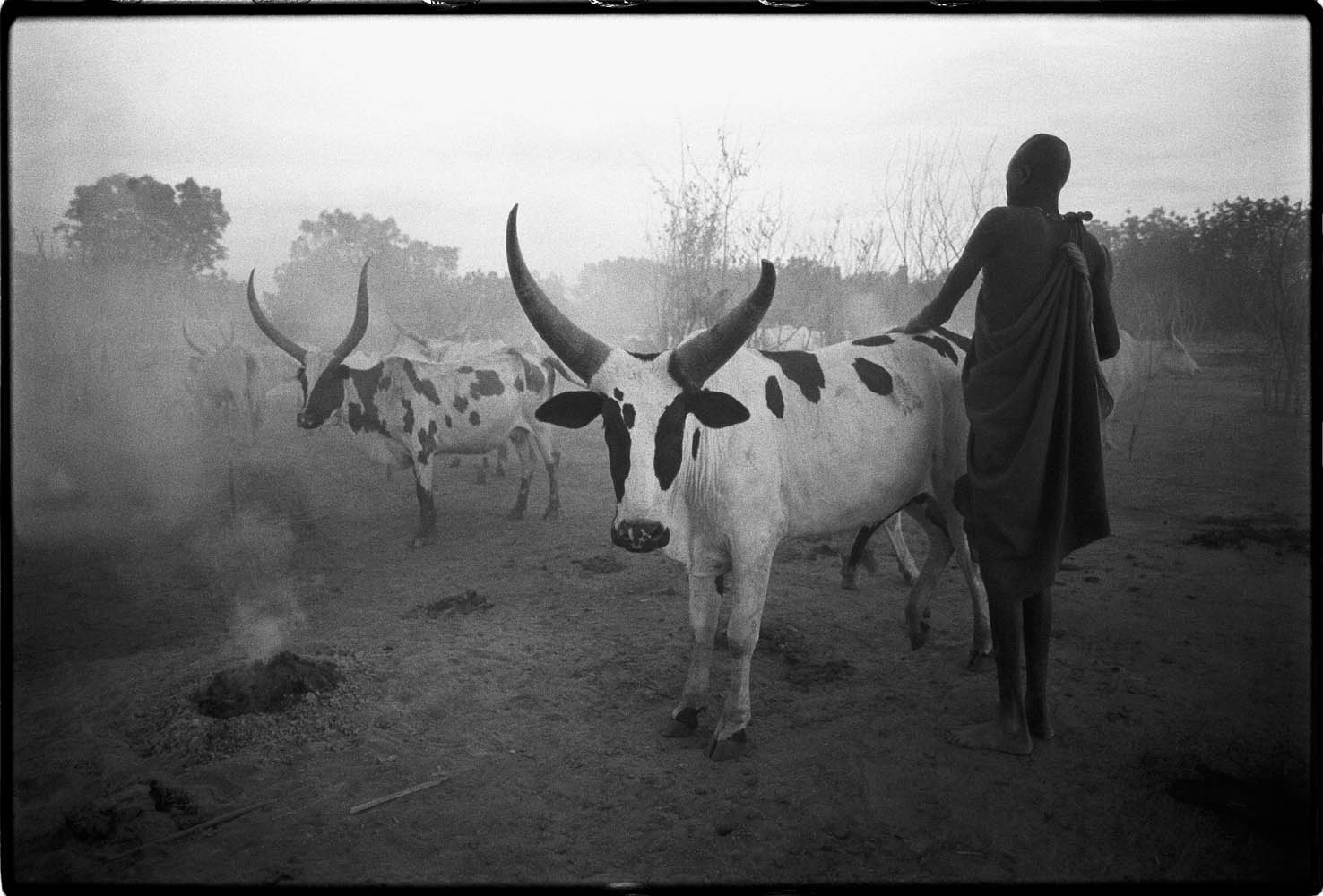
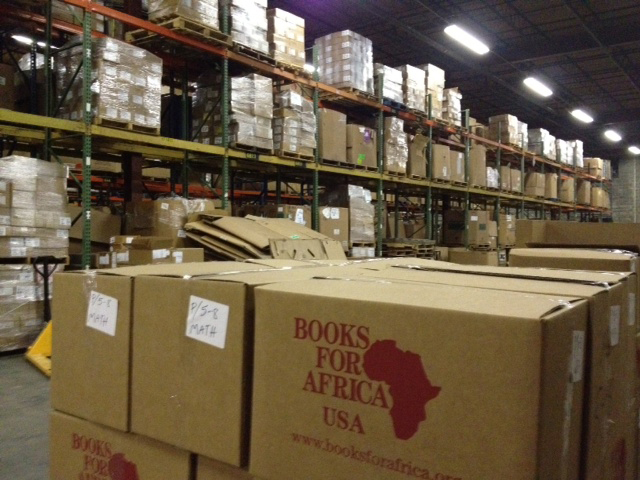
South Sudan, Africa's newest nation, has had anything but a peaceful path to independence. Many South Sudanese have never known peace, with the North and the South at war for more than 20 years. Though the civil war ended in 2005, the lasting effects have been pervasive. According to the UN Refugee Agency (UNHCR), more than 560,000 Internally Displaced Persons (IDPs) live in South Sudan and more than 500,000 live as refugees throughout the region. It will be a slow process to make South Sudan peaceful enough to coax those living elsewhere back.
South Sudan voted to secede in January 2011 -- 98.3 percent of votes favored the split -- and gained independence the following July. The process of dividing the countries remains treacherous. Voters faced danger at the polls, and over a year later, tension remains high as North and South draw a border over an oil rich and war torn region. Focused on securing conflicts, social development has not been a priority for years.
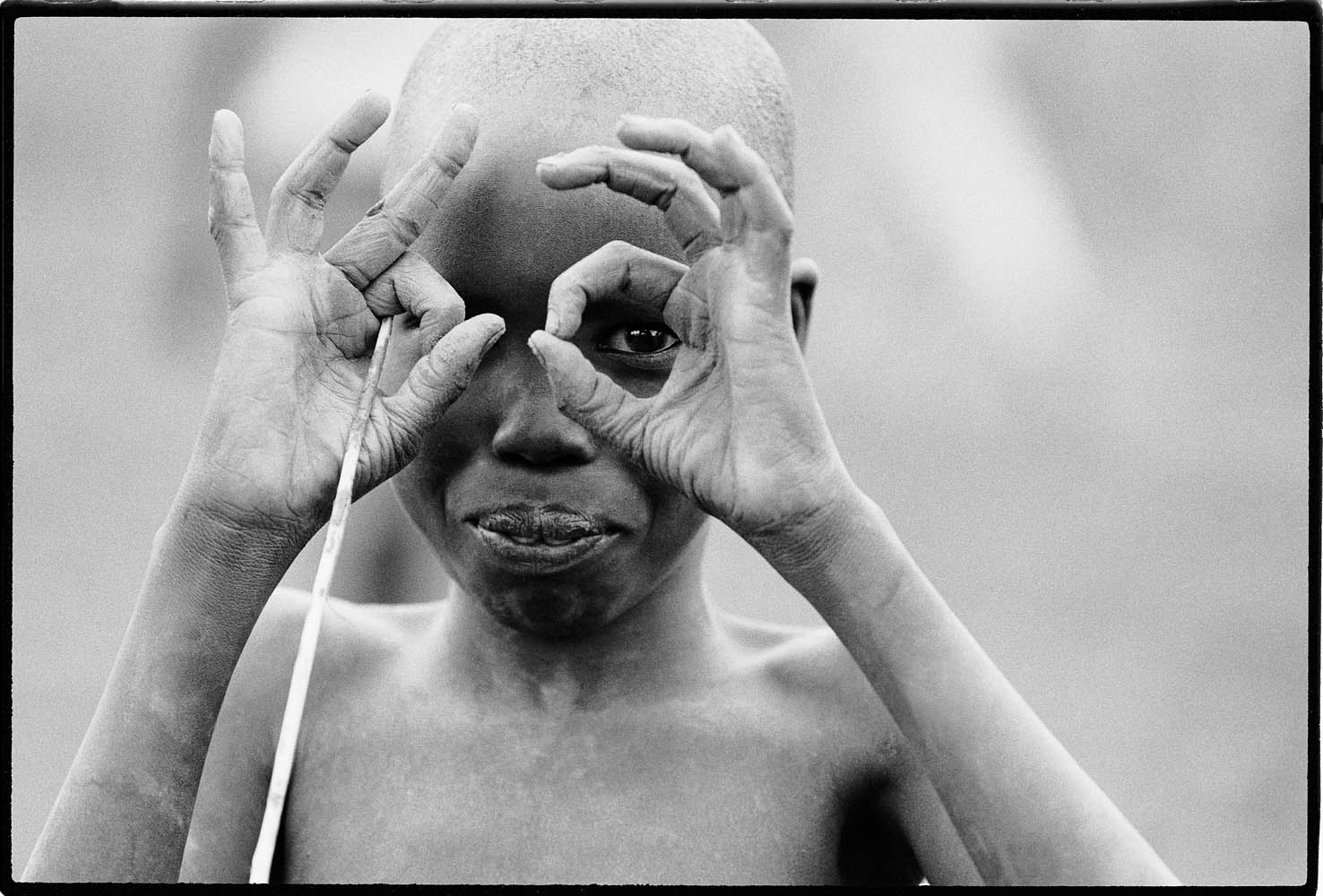
The crushing effects of constant violence have left a generation without a country to call home. Known as "Lost Boys" of Sudan, many school-aged boys were shuffled through IDP and Refugee Camps throughout the war and many eventually found their way to the United States. These Lost Boys now intend to bring back one of the greatest peacemaking tools they discovered: education.
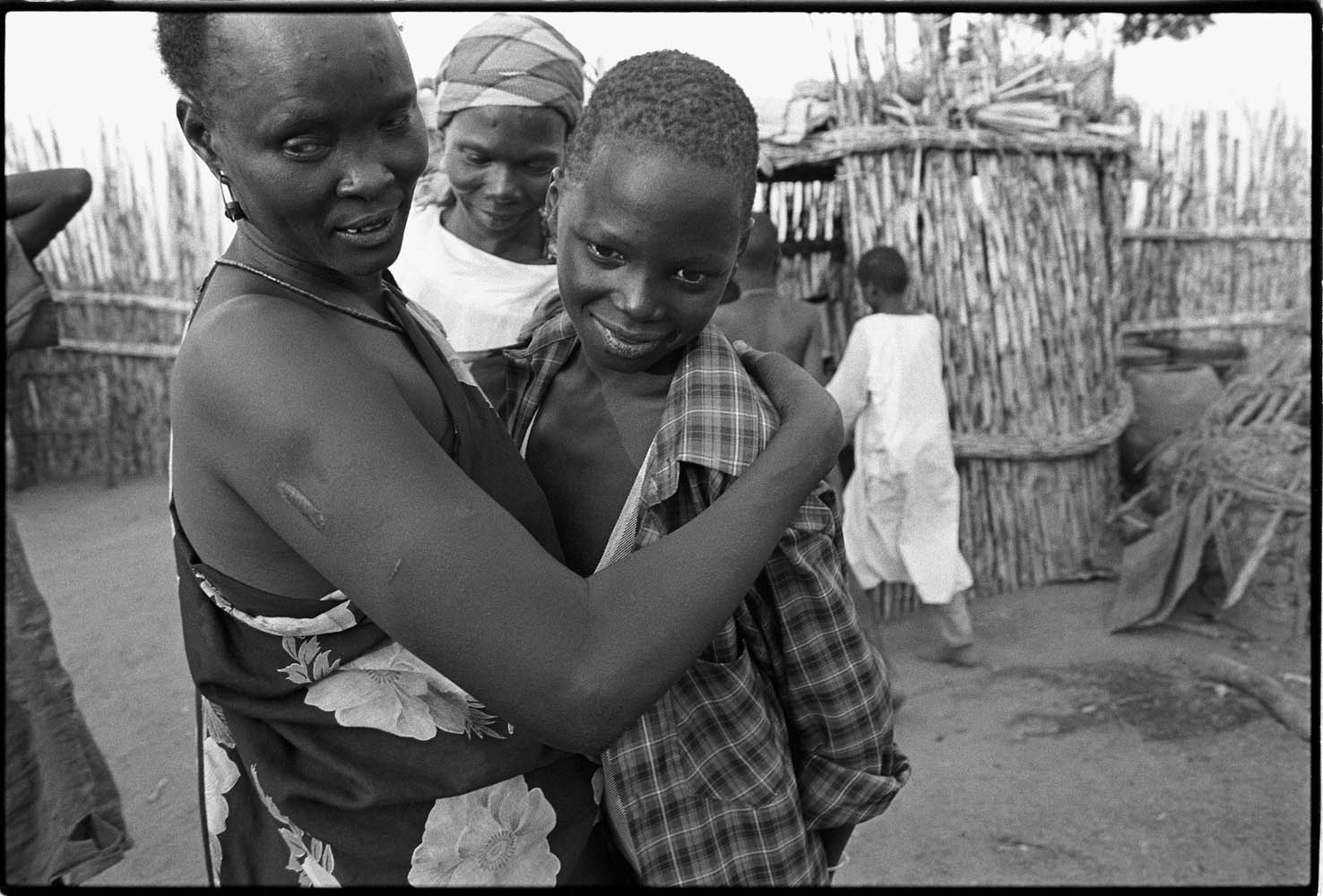
Gat-Kier Machar and Machien Luoi are two such formerly Lost Boys. They lead North Dakota-based Panyijiar Community Development Services (PACODES) to bring education to the region. PACODES was founded by Machar, Luoi, and 52 other Lost Boys from Panyijiar County (Unity States, South Sudan) and supporters from Concordia College in Moorhead, Minn. Though they connected only recently to form PACODES, Gat-Kier and Machien lived similar experiences. Both were moved to Ethiopia when war broke out. There, "education was not first, military and war thinking preceded education," Machien writes. After returning home for a short period of peace, they were then moved to camps in Kenya, and finally to the United States to complete high school and college.
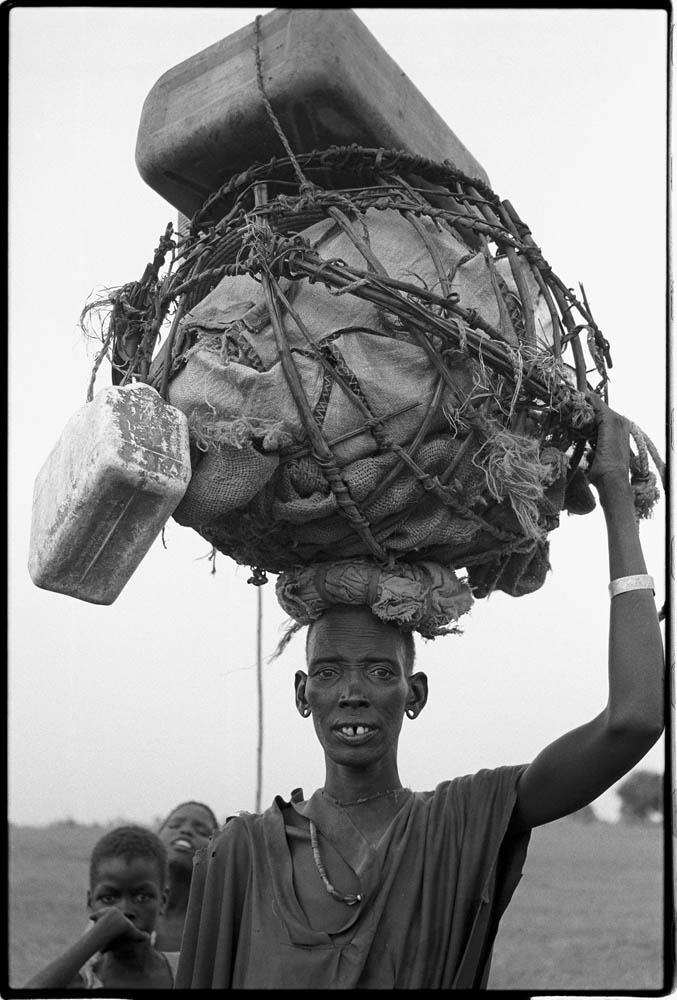
Both men saw the power of education in Kenya and the U.S. In refugee camps in Kenya, United Nations officials opened libraries containing books not only for children but also for adults. They served as spaces to learn as well as a safe place for residents to come together regardless of their origin. Gat-Kier amusedly recalls one community-building experience. In Sudan, people drink cow's milk, but people in Kenya drink donkey's milk. At first, he was taken aback but he eventually realized that the milk you drink does not a man make. "All these little things can amount to big things," he says. Understanding removes that "we don't know one another" mentality that causes so much strife. "Humanity is our belief," Gat-Kier says, "and if we can make that clear starting with [students that PACODES works with] we can make this world a better place."
PACODES faces a number of challenges, however. Only 27 percent of South Sudanese are literate; only 16 percent of women can read. There is no curriculum for primary or secondary schools, so students are often taught according to those of bordering countries. Teaching salaries are low, the job is tough, and with an entire generation "lost," qualified teachers are rare. Further, many towns and schools were ruined in the civil war. There are no schools for children to study in and even fewer books.
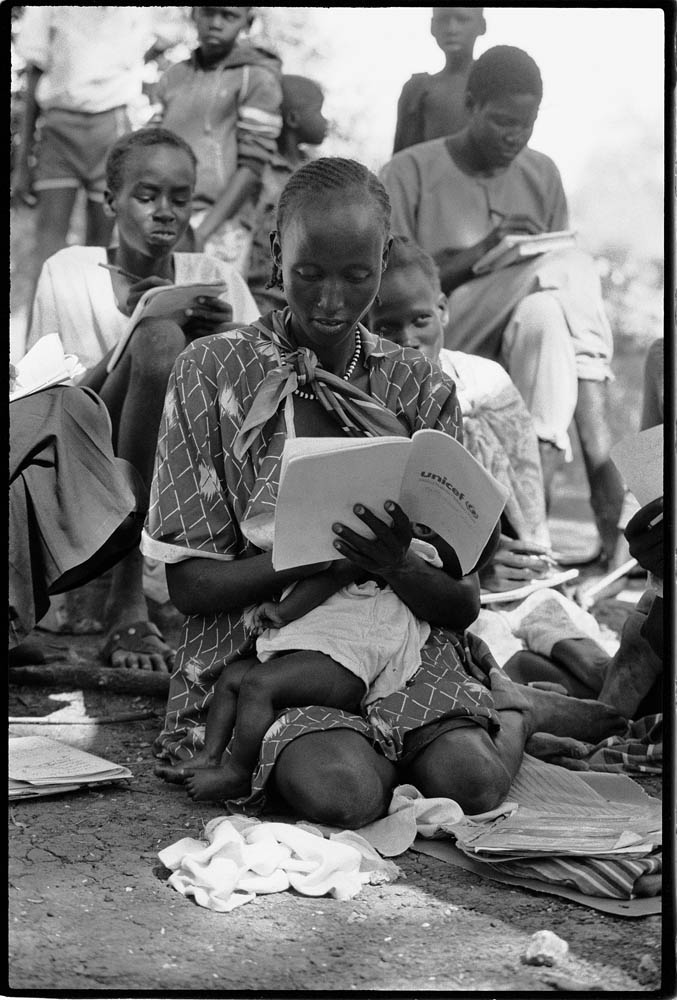
As such, PACODES is bringing books to Panyijiar County. It takes hours to walk to the closest primary school and there is no secondary school. PACODES will build a library for all ages to promote literacy and education. It will not only provide reading materials, but will also serve as a space for meetings and events and will be an anchor in education for community development.
A partnership between PACODES and Minnesota-based Books For Africa was integral to delivering books to South Sudan. According to Gat-Kier, "It would have been very difficult to go it alone."
By shipping with Books For Africa, PACODES sent approximately 22,000 sorted, high-quality books. It would have taken PACODES years to collect and sort that many book donations. Machien excitedly points out that "health workers will read books on health, literate business men will read books on commerce. ... The impact will be huge."
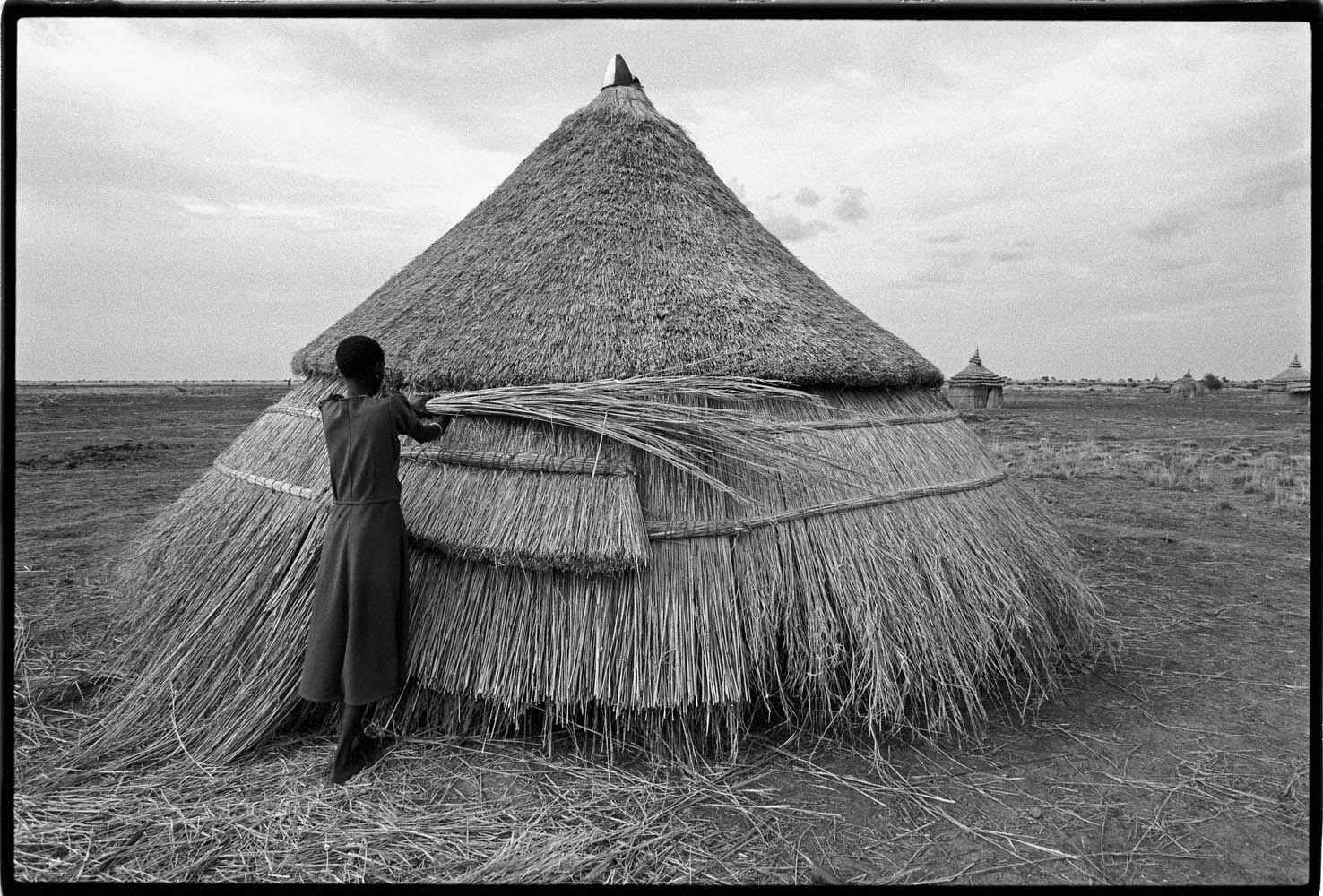
Gat-Kier and Machien are thrilled to bring books to their community. Though no longer the official language, many people speak more Arabic than English. This library offers an "opportunity to learn the English language before any other states/counties in the region." English library books will serve as "first legs" for people in Panyijiar to unlock educational and career opportunities.
Machien concludes that "a generation equipped with knowledge from what has been done somewhere else will be important to bring about a positive difference in South Sudan." Though a challenge to deliver, education will be the "bridge from misery to hope" (Kofi Annan) that will bring a more peaceful tomorrow to South Sudan.
Note: Photos courtesy of Betty Press
